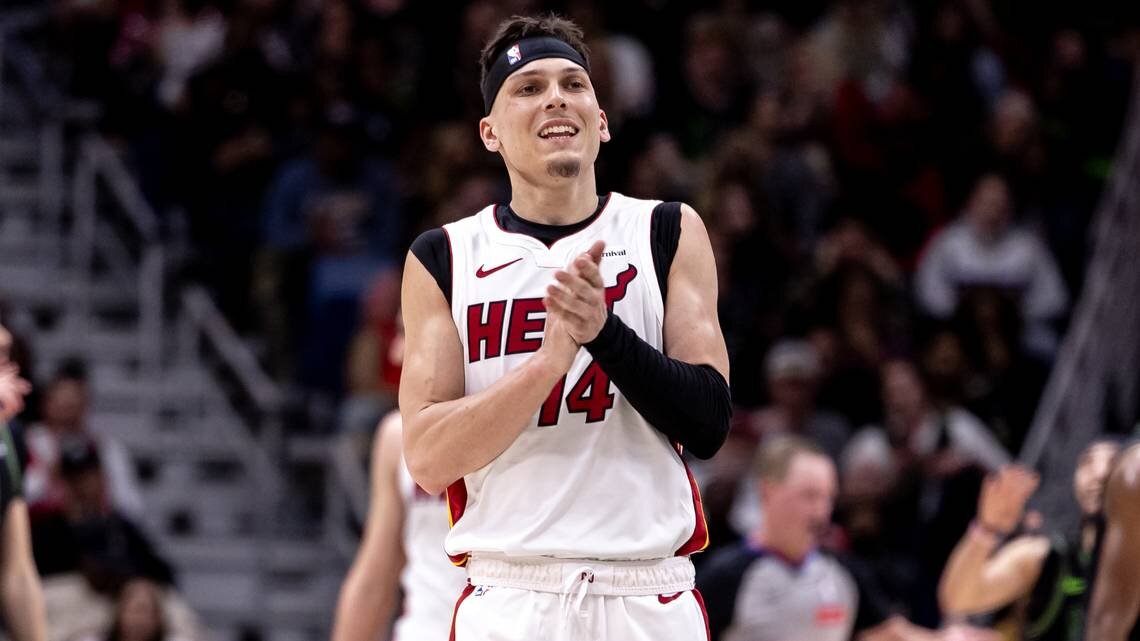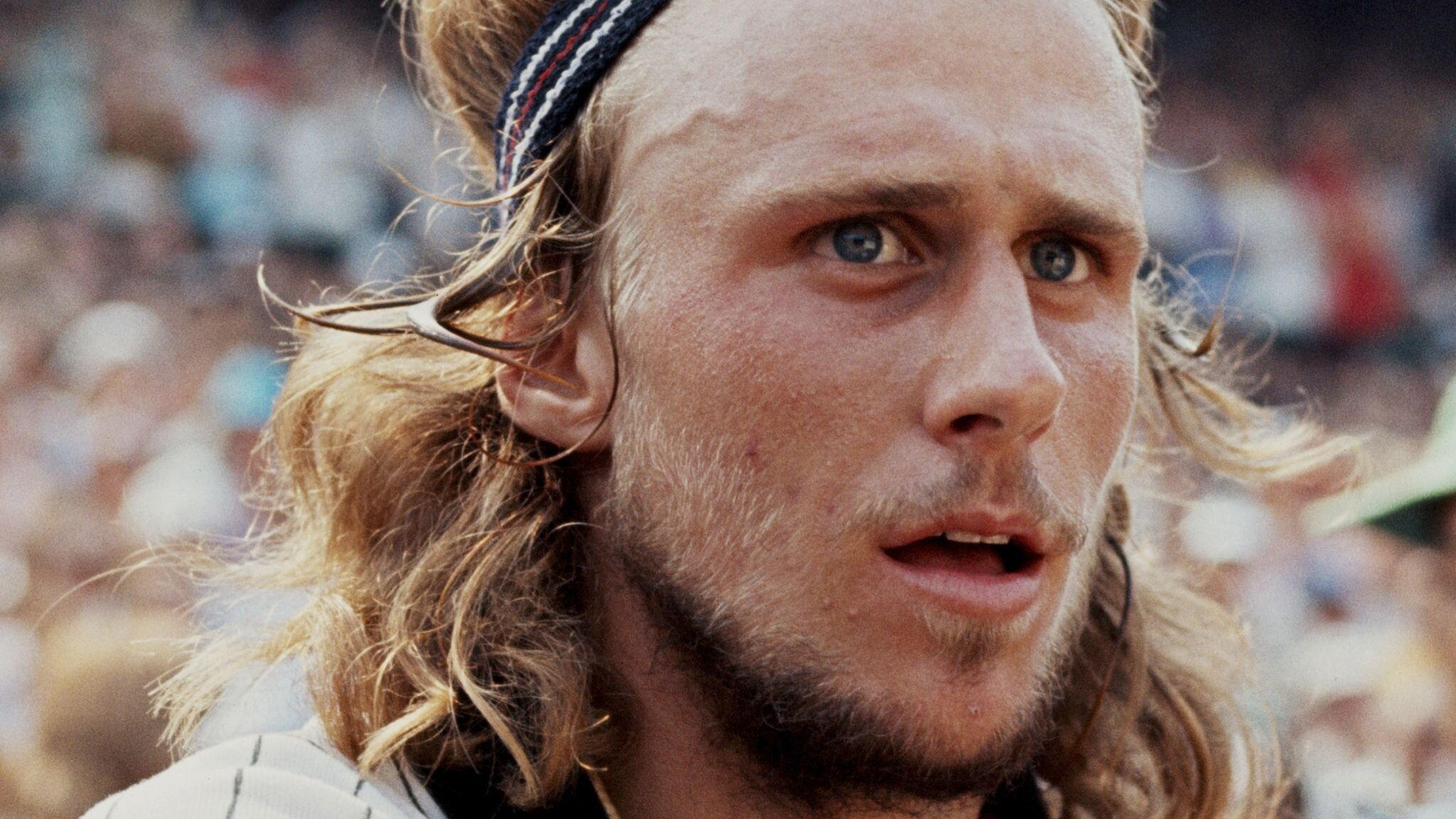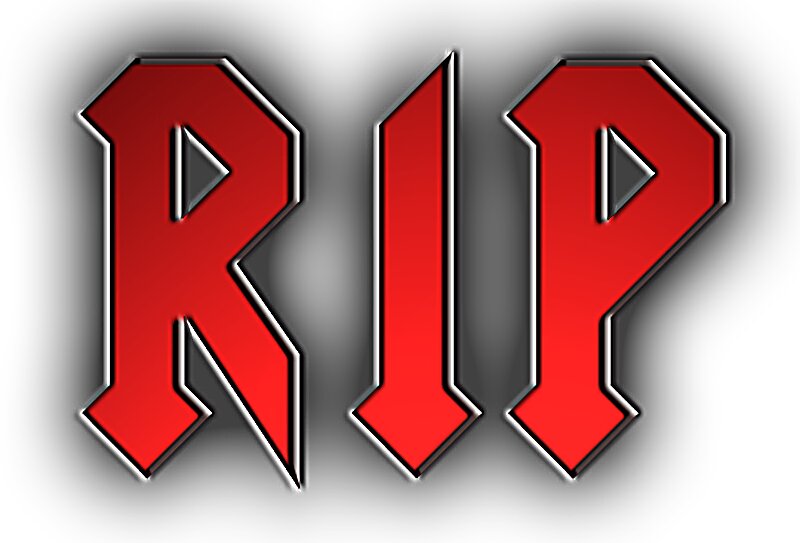ESPN How Kentucky coach Mark Pope decided to…
**How Kentucky Coach Mark Pope Decided to Embrace a New Era of Basketball**
In the world of college basketball, few programs hold as much tradition and prestige as the University of Kentucky. With eight national championships, a long list of Hall of Fame coaches, and a rich history of producing NBA talent, Kentucky’s program is expected to compete at the highest level every season. For head coach Mark Pope, leading the Wildcats through such a prestigious legacy came with its own set of unique challenges. However, Pope has approached the position with a mindset that blends innovation, a respect for tradition, and a willingness to evolve with the changing landscape of college basketball.
Pope’s decision to embrace a new era at Kentucky was rooted in both his personal journey and the evolving state of college basketball. A former player at Kentucky, Pope’s deep understanding of the program’s culture played a key role in his approach. After a successful stint as head coach at BYU, Pope was hired by Kentucky to replace John Calipari in a move that surprised many, but ultimately made sense given Pope’s track record and the direction he wanted to take the Wildcats.
When Pope took over as the head coach, one of his first goals was to modernize Kentucky’s playing style without abandoning the fundamentals that had made the Wildcats successful for decades. While Calipari’s “one-and-done” philosophy worked wonders in bringing in elite talent, Pope recognized the need for balance. With the new era of NIL deals and the transfer portal, Pope understood that the roster would need to be more flexible and diverse, with a blend of experienced transfers, international players, and high school recruits. It wasn’t just about recruiting the top high school talent anymore—he had to consider what would create a sustainable, cohesive unit on the floor.
The coach also decided to introduce a more up-tempo offense, focusing on spacing, ball movement, and finding open shots, especially beyond the arc. While Kentucky had traditionally been known for their strong inside play, Pope saw the opportunity to diversify the offense and make it more dynamic in the modern game. The push for a more fast-paced, versatile approach was part of Pope’s attempt to make Kentucky a more unpredictable team that could play in a variety of ways, depending on the opponent.
Defensively, Pope doubled down on Kentucky’s longstanding emphasis on toughness, but with a more strategic focus. While Calipari’s defenses were known for their physicality, Pope looked to refine that philosophy by incorporating a more sophisticated, team-oriented defensive scheme that emphasized switching, communication, and versatility on the perimeter. He also placed a greater emphasis on teaching the mental side of the game—ensuring players understood not only the X’s and O’s but also the importance of discipline and adaptability in the heat of battle.
Off the court, Pope worked to establish a family-like atmosphere within the program. He spent considerable time cultivating strong relationships with his players, encouraging open lines of communication and setting clear expectations for work ethic, discipline, and behavior. He was intent on building a culture where players not only wanted to win for their coach but for each other, cultivating a sense of accountability and unity.
Mark Pope’s decision to innovate and embrace a new era of basketball at Kentucky represents a shift that many thought might never come. While respecting the traditions that made Kentucky great, Pope understood that the program needed to evolve in order to continue competing at the highest level in a rapidly changing sport. His blend of innovation, tradition, and a strong culture promises to help Kentucky remain a force to be reckoned with for years to come.



